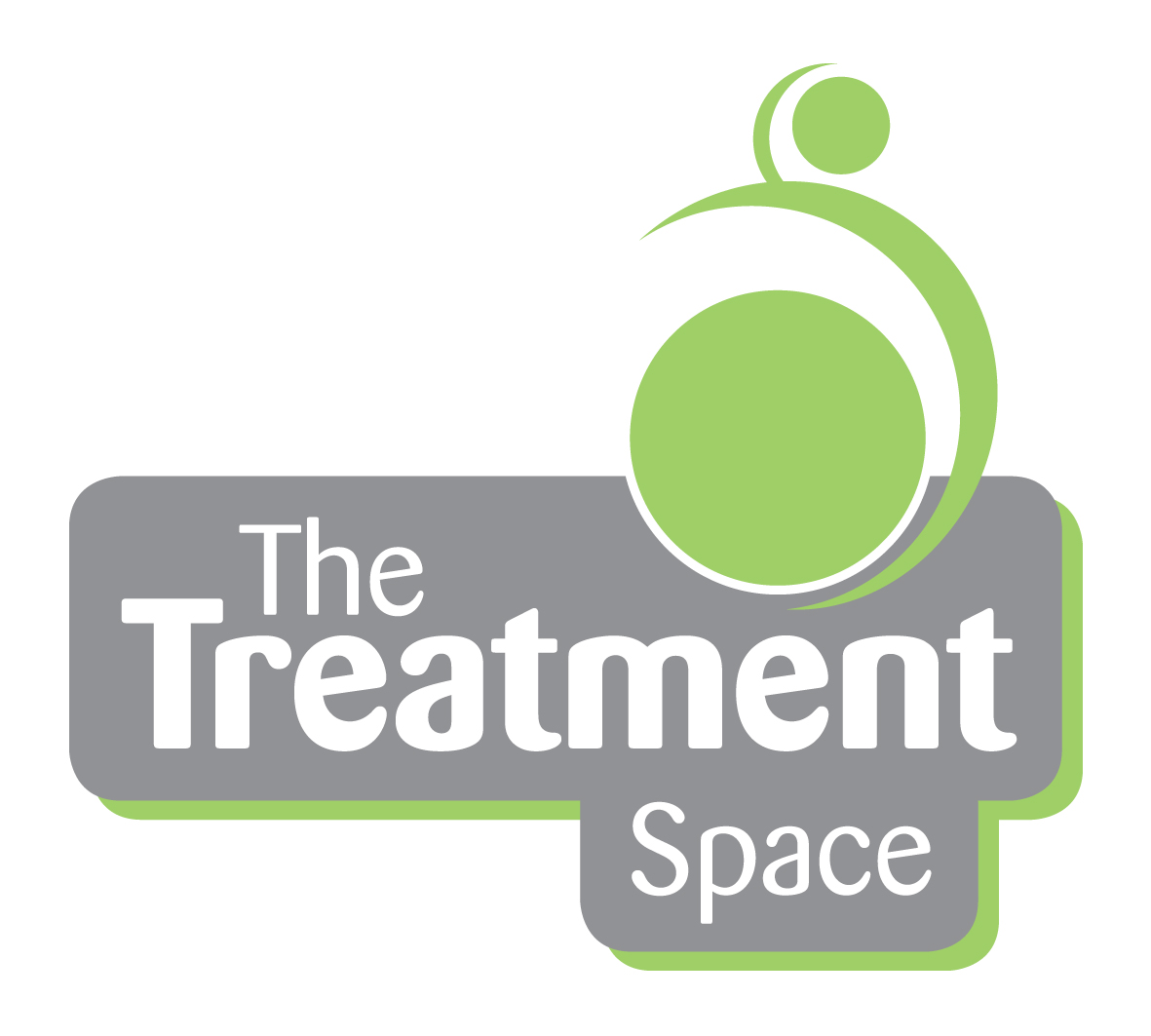chinese ACUPUNCTURE
kat@katlovesacupuncture.co.uk
07904 953304
CHINESE ACUPUNCTURE
Traditional Chinese Medicine (TCM) is an ancient system of healing which manipulates the body’s energy (Qi) to manage disease, relieve pain and improve health.
TCM treats both the root cause and manifestation of a problem. It therefore not only relieves signs and symptoms but also strives to prevent the problem recurring in the future.
Being a holistic form of medicine, TCM does not look at presenting conditions in isolation, but in relation to other aspects of the patient’s health. It then treats accordingly. Thus, all treatments given are tailored specifically to the individual.
Traditional Chinese Acupuncture is one way in which the theory of TCM can be applied. By inserting fine, sterilised, disposable needles into points all over the body the movement of Qi can be controlled thus stimulating the body's own ability to repair and restore health.
In 2003 the World Health Organisation stated that acupuncture was proven as an effective treatment for 28 conditions and has a positive therapeutic effect on 70 others.
For more information please visit the British Acupuncture Council's website.
What to expect
During an initial consultation your acupuncturist will ask a series of questions, examine the tongue and feel the quality of the pulse in order to get a thorough understanding of both the specific problem and the patient’s general health. An acupuncture treatment then follows. It is kept relatively simple during this first visit to allow the patient to become familiar with the process and also for the practitioner to gauge the patient’s response.
At the beginning of each follow-up session a few brief questions are asked to keep the acupuncturist up to date with changes in the patient’s condition before further treatment is given.
Between 2 and 10 acupuncture needles are usually inserted for 15 - 20 minutes. Whilst they are in the practitioner generally leaves the room so the patient can relax in their own space.
As well as the use of acupuncture, practitioners may use moxibustion or cupping during the acupuncture session. Each would be explained in detail before being used. Lifestyle changes are often recommended however the patient’s decision to act upon these is always respected.
Occasionally it is not appropriate to treat, in which case no charge would be made.
Please see FAQ's below for more information.
With over 3,000 members The British Acupuncture Council is the UK's main regulatory body for the practice of traditional acupuncture. Members have an extensive training in acupuncture and bio medical sciences. They are covered by full Medical Malpractice and Public/ Products Liability Insurance and are bound by Codes of Ethics, Practice and Disciplinary Procedures.
Some people do not not feel the needles on insertion whilst others feel a slight sharpness. The latter does not compare to the sensation experienced with injections and blood sampling where broader needles are used. Acupuncture needles are so fine they can be easily flexed. When the needles are in a dull/numb/aching sensation is often present around the area of the needle which many patients find pleasant. Whilst the needles are in it is common to feel sleepy.
There are acupuncture points all over the body so you may be asked to take off some clothes – but never underwear. If you would prefer not to remove clothing then it is advised that you wear loose fitting items that can be rolled up or lifted out of the way.
Yes, all needles used by practitioners are sterile and used only once before being disposed of for incineration.
Q5. How will I feel afterwards?
People respond differently to acupuncture, some feel lively, others drowsy. It is advised that you have a short break of perhaps 15 minutes after acupuncture treatment before returning to work or driving.
Occasionally symptoms can intensify after treatment for a short period, this is not something to be concerned about as it is part of the healing process. Patients should not drink alcohol excessively or exercise vigorously for the rest of the day.




